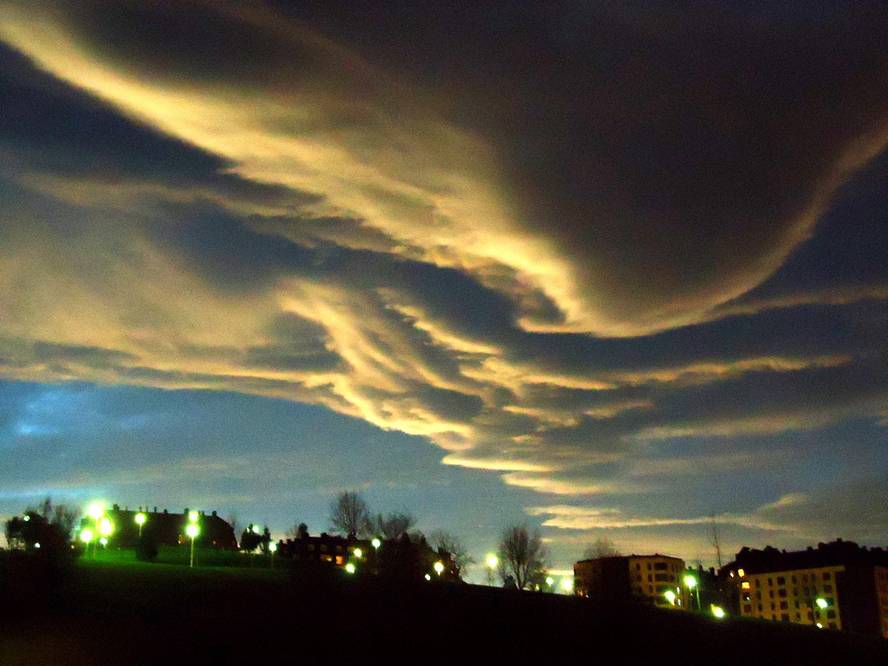The climatic characteristics of the place do not affect the first wave of pandemic
The climatic characteristics of the site will not affect the first pandemic wave of covid-19, according to a study at Princeton University. Published in the journal Science, the authors state that humidity and temperature have not influenced the spread of plague.
The rapid expansion of the virus in Brazil, Ecuador, Australia and other countries of the tropics has shown that the temperature has not had much to see and that models based on other viruses do not prevent climate variables from slowing the plague in the short term.
According to the authors, if there are no vaccinations or other control measures are not applied, the spread of the virus will not change with the seasons of the year, if the behavior of the population is not modified. For example, changes in behavior can lead to the dispersion and outdoor circulation of people who were previously reunited in a given place, making it difficult to transmit the virus. And vice versa.
It has been determined that in non-tropical regions other types of coronavirus are reinforced in winter. If the SARS-CoV-2 virus becomes endemic, the same can happen. But in the meantime, evolution is conditioned by pharmacological and non-pharmacological measures, such as physical distancing, and immunity, that is, the number of people who suffer from it and their degree of immunity. In fact, in simulations based on other viruses, climate variables begin to influence only when a level of immunity is reached.
The researchers have advanced that they will continue tuning the models to adapt to the place. For example, the results obtained to date have been mainly focused on cities, so that from now on rural areas will also be included.






